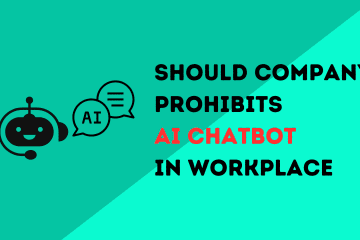1. Hosting Renewal
Some hosting providers are good at understanding consumer behavior, so they are no surprise that they manipulate consumers’ decision-making process using specific tactics.
You may come across certain hosting providers advertising their hosting plan with attractive pricing, like the one below:
The costs are almost 50% below the average market price.
But if you look closely, the price only applicable for the initial contract. The renewal price is generally higher than their competitors.
Words like “As low as…“, “Starts from…“, “Today only” are the trigger words that you need to look twice before deciding.
Of course, if you are only looking at short-term hosting, they are still an excellent choice to go for.
2. Domain Cost & SSL Cert
If you are hosting a website or any services, you would also require a domain name or a hostname. It helps the online users to locate the location where your files are hosted. Domain names are registered and renewed on a yearly basis, but the costs are minimal—for instance, a .COM domain name will cost less than $20 per year.
And if you are hosting a website, all the browsers had made it mandatory for a website to install an SSL certificate. An SSL certificate purpose is to tell your visitor that your website is secure and safe to use. Your website URL will display a little lock showing the SSL certificate is securely installed.
There are different types of SSL certificates for a different levels of protection. If your website is a basic one where security is not a concern, you can always choose a lower-end cert or even opt for a free cert. But if your website involves sensitive data exchange, like collecting credit card information for online transactions, always go for a more premium certificate for better protection.
A lower end cert will cost you less than $10 a year, while a high-end cert can cost up to several thousand per year.
3. Resources
If you are using a shared hosting plan or cloud hosting plan, hosting providers will also charge you differently depending on the resources you are going to use. These resources include:
- Storage space
- Bandwidth
- Memory
As your website or application grows, and more users visit it, it will start to take up more and more traffic and processing power of the server. So, depending on the hosting provider, some will notify you to upgrade to a bigger plan, while some may limit the resources you can use, resulting in traffic congestion.
4. Payment terms
While some hosting plans may seem attractive, but the payment terms also decide how much you need to pay at the end of each time.
The most common payment terms you will see is the monthly subscription vs. annual subscription model. The annual subscription plan will have a deeper discount compares to subscribe monthly for 12 months. This makes the annual subscription plan a popular choice among many companies who foresee using the Cloud hosting service for the long term.
Another payment model gaining popularity is the Pay-As-You-Use model. You only need to pay for what you have used. It gives you the flexibility to scale up or down anytime when required.
Modern Cloud hosting provider such as CirrusGrid (powered by Jelastic) offers Pay-As-You-Go model to its clients. CirrusGrid is also offering its client a 14-day free trial period before actually paying for it.


